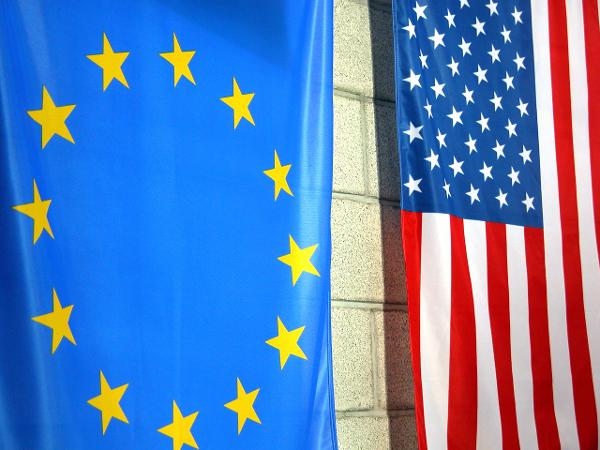US hopes G20 summit can iron out differences with EU on economy
 Washington - The White House on Tuesday said it hoped an upcoming economic summit would help the United States and European Union to resolve a growing rift over how to manage a deepening global recession.
Washington - The White House on Tuesday said it hoped an upcoming economic summit would help the United States and European Union to resolve a growing rift over how to manage a deepening global recession.
Ahead of a Group of 20 (G20) summit of the world's leading economies in April, White House and EU officials have apparently been at odds over whether more government stimulus will be needed to pull their economies out of recession.
"That's why we have summits," White House spokesman Robert Gibbs said when asked about disagreements across the Atlantic.
Gibbs noted the "aggressive action" already taken by President Barack Obama and said he expected both short-term stimulus efforts and financial regulation to be the key topics for April's G20 meeting in London.
"If many nations work collectively, in concert, the impact to the global economy will only be sharper and stronger," he said.
Gibbs' comments came after EU ministers on Monday rejected pressure from the United States to inject more government funds into their flagging economies.
"Recent American appeals insisting that Europeans make an additional budgetary effort to combat the effects of the crisis were not to our liking," said Luxembourg Prime Minister Claude Juncker, who chaired a meeting of the euro zone's finance ministers. "Europe and the euro group have done what they needed to do."
Obama last month signed an unprecedented 787-billion-dollar spending package to revive the US economy, which is going through its worst recession in decades.
European governments have been more cautious of running up huge budget deficits despite the economic crisis, and want the G20 meeting to focus on overhauling financial regulation to avoid a future collapse.
Obama's top economic advisor Larry Summers urged world leaders to inject more demand into the global economy in a Financial Times interview published Monday.
The World Bank on Sunday predicted the global economy will contract in 2009 for the first time since World War II. (dpa)